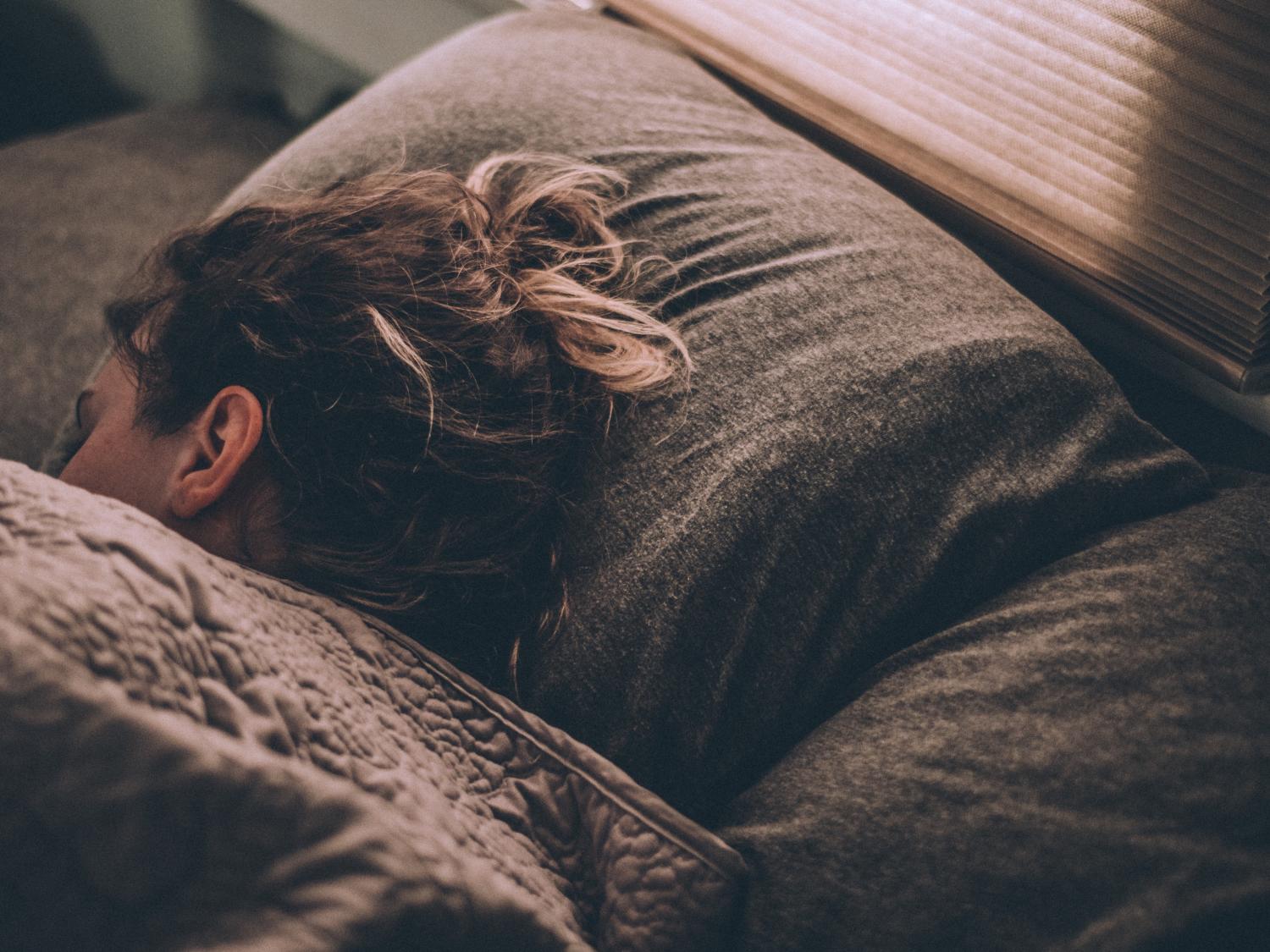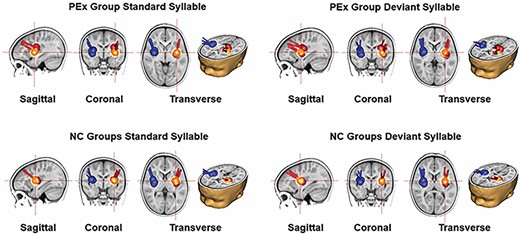2023-08-08 ペンシルベニア州立大学(PennState)
 New research reveals that cardiovascular health measures worsen over the course of the week when sleep is restricted to five hours per night and attempting to catch up on sleep over the weekend is insufficient to return these measures to normal. Credit: Gregory Pappas, Unsplash. All Rights Reserved.
New research reveals that cardiovascular health measures worsen over the course of the week when sleep is restricted to five hours per night and attempting to catch up on sleep over the weekend is insufficient to return these measures to normal. Credit: Gregory Pappas, Unsplash. All Rights Reserved.
◆睡眠不足は心臓疾患と関連し、若いうちに心臓への影響が長期的に疾患リスクを高める可能性が示唆されています。研究では健康な男性を対象に11日間の睡眠実験を行い、心拍数や血圧の増加が週の進行とともに現れ、週末には正常に戻らないことが明らかになりました。
<関連情報>
- https://www.psu.edu/news/research/story/playing-catch-weekends-may-not-improve-cardiovascular-cost-sleep-loss/
- https://pubmed.ncbi.nlm.nih.gov/37363991/
睡眠制限後の回復睡眠は、上昇した日中の心拍数と収縮期血圧をベースラインレベルに戻すには不十分である。 Recovery sleep following sleep restriction is insufficient to return elevated daytime heart rate and systolic blood pressure to baseline levels
Reichenberger, David A. ; Ness, Kelly M. ; Strayer, Stephen M. ; Mathew, Gina Marie ; Schade, Margeaux M. ; Buxton, Orfeu M. ; Chang, Anne-Marie
Psychosomatic Medicine Published:June 27, 2023
DOI: 10.1097/PSY.0000000000001229
Abstract
Objective
Sleep restriction alters daytime cardiac activity, including elevating heart rate (HR) and blood pressure (BP). There is minimal research on the cumulative effects of sleep loss and the response after subsequent recovery sleep on HR and BP. This study examined patterns of HR and BP across baseline, sleep restriction, and recovery conditions using multiple daytime cardiac measurements.
Methods
Participants (15 healthy men, M = 22.3 years, SD = 2.8) completed an 11-day inpatient protocol with three nights of 10 hours/night baseline sleep opportunity, five sleep restriction nights (5 hours/night sleep opportunity), and two recovery nights (10-hours/night sleep opportunity). Resting HR and BP were measured every two hours during wake. Multilevel models with random effects for individuals examined daytime HR and BP across study conditions and days into the study.
Results
Mean daytime HR was 1.2 ± 0.5 beats/minute lower during sleep restriction compared to baseline, p < 0.001. During recovery, HR was 5.5 ± 1.0 beats/minute higher, p < 0.001, and SBP was 2.9 ± 1.1 mmHg higher, p = 0.009. When accounting for days into the study (irrespective of condition) and measurement timing across the day, HR increased 7.6 beats/minute and SBP increased 3.4 mmHg across the study period, p < 0.001.
Conclusions
Our findings suggest that daytime HR and SBP increase following successive nights of sleep restriction, even after accounting for measurement time of day. HR and SBP did not recover to baseline levels following two recovery nights of sleep, suggesting longer recovery sleep may be necessary to recover from multiple, consecutive nights of moderate sleep restriction.


